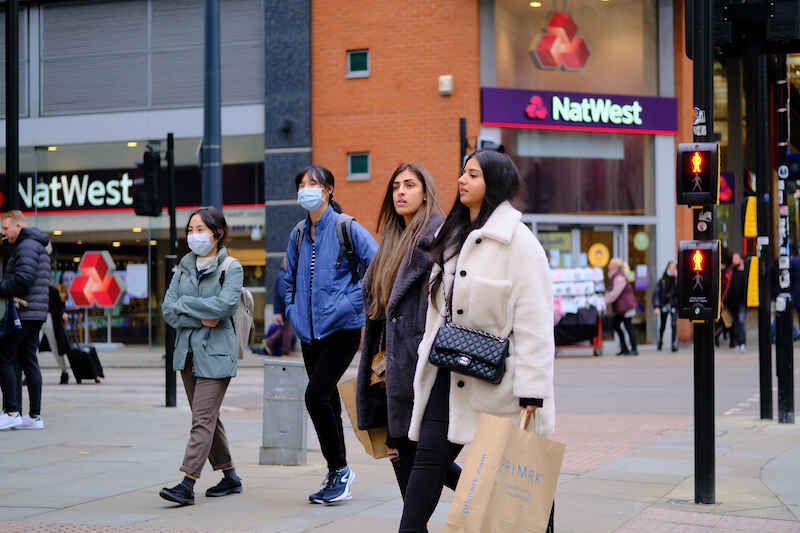22
March 2022
NatWest to Launch a Buy Now, Pay Later Credit Service This Summer
NatWest will become the first British high-street bank to venture into the burgeoning but controversial buy now, pay later (BNPL) sector when it launches a payment splitting service this summer.
NatWest hasn’t revealed exactly how its BNPL service will work but said, like other services, it will divide transactions into several staggered repayments. It will also “give customers the convenience to make a purchase almost anywhere that accepts Mastercard” - meaning it can be used on in-person purchases as well as online.
The service will first be available to 18 million NatWest customers, with the expectation that it will later be rolled out to customers of the banking group’s subsidiaries RBS and Ulster Bank.
BNPL plans have exploded in popularity during the pandemic, especially among young women and people on tight budgets. Consultancy Bain estimates the BNPL market, with 10 million users in the UK, is now worth £6.3 billion annually.
The services were popularised by dedicated startups Klarna and Clearpay, offering payment plans at online checkouts. But the BNPL boom has also tempted establishment players into the market, with some offering the opportunity to split in-person payments too.
In 2020, PayPal launched its “Pay in 3” product in the UK and last September fast-growing digital bank Monzo unveiled a BNPL service that works for in-person purchases and can be applied retrospectively. And Barclays allows customers to spread the cost of high-value Amazon purchases across periods of three to 48 months.
But majority taxpayer-owned NatWest is the biggest household name to launch a widely-available BNPL product - and seems eager to avoid the controversy that has followed the largely unregulated sector.
“There's a clear demand for buy now, pay later and we are determined to make it better and safer,” said David Lindberg, chief executive of retail banking at NatWest.
That means clear, structured repayments, credit scoring and affordability checks, and a fixed credit limit customers will know in advance. Customers will be able to keep track of their repayments and how much they owe through the NatWest app.
Transactions will also be covered “by all the protections customers expect from a fully regulated bank," a spokesperson for NatWest said.
Those provisions address some of the concerns raised by regulators and campaigners about BNPL, including that the services encourage customers to rack up debt they can’t afford and aren’t upfront about the consequences of following behind on payments, including late fees and damaged credit records.
The Treasury has acted to put BNPL services under the supervision of the Financial Conduct Authority (FCA) and is consulting on rules that will bring BNPL payment plans more in line with other forms of consumer credit such as loans and credit cards, including requiring providers to conduct creditworthiness checks on customers and treat borrowers in arrears fairly and consistently. The rules are expected to be enforced from later this year or 2023, but no firm date has been announced.
But some campaigners believe the regulations don’t go far enough and have particularly raised concerns about the appearance of BNPL payment plans for supermarket shops, warning that as the cost of living rises, struggling families may have to turn to payment plans to buy food and toiletries.
Last week Citizens Advice raised the alert that one in 12 Britons used BNPL plans for essentials over the last six months. Among young people, people in debt, and people claiming Universal Credit that figure rises to one in six.
Meanwhile, the UK’s three credit reference agencies have confirmed they will regularly include BNPL financing to credit records from later this year, a move they say will give lenders a clearer picture of customers’ creditworthiness and allow customers to use the plans to build and rebuild their credit—provided they use them sensibly and keep up with payments.





